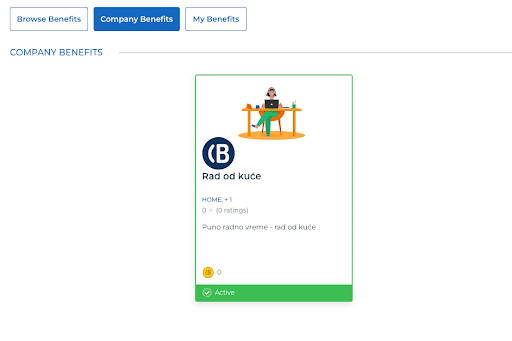Flexible working hours are becoming a key component of the modern business environment, providing employees with the opportunity to better align their work obligations with personal life. This approach not only contributes to increased employee satisfaction but also fosters productivity and loyalty to the company.

Flexible working hours give employees greater control over their working day, leading to reduced stress and increased overall job satisfaction.
When employees can adjust their working hours according to their natural rhythms, they become more productive. This leads to more efficient task completion and better work results.
The first key point is to set clear guidelines regarding what exactly is meant by flexible working hours. These guidelines should include work frequency, availability for virtual meetings, and methods for reporting working hours.
Implementing work tracking software can help ensure that employees maintain the expected productivity, even when working outside the traditional work environment. This also enables effective project and task management.
It is essential to ensure that employees have access to the necessary technology to successfully perform their tasks outside the office space. This includes access to secure virtual private networks (VPNs), video conferencing tools, collaborative platforms, and secure channels for electronic communication.
Different teams may have different needs regarding flexible working hours. While some teams may benefit from individual adjustments to working hours, others may benefit from aligning schedules to maintain synchronization and collaboration.
Maintaining open and regular communication is crucial for the successful implementation of flexible working hours. Employers should be transparent about expectations, availability, and changes in work schedules.
On our platform, there is an option to add company benefits where, among other things, clients can add flexible working hours and communicate all the benefits they offer to their employees in one place.

Managers play a crucial role in successful implementation. Training managers on leading virtual teams, measuring results, and adapting management styles can improve team effectiveness.
Employers should regularly analyze the work results of employees to assess the effectiveness of flexible working hours. This includes measuring the achievement of goals, tracking completed projects, and evaluating employee satisfaction.
Regular feedback from employees is crucial for the continuous improvement of the flexible working hours system. Through surveys, meetings, and open communication, employers can learn about the challenges employees face and adjust strategies to better meet their needs.
Flexible working hours should not jeopardize organizational culture. Employers need to actively work to maintain unity and team spirit through regular meetings, team-building activities, and online platforms for connection.
Setting clear expectations for employees regarding availability, communication, and deadlines is key to maintaining efficiency and overcoming potential challenges.
Companies that offer flexible working hours often attract and retain highly qualified talent. Employees value flexibility and often remain committed to organizations that provide this privilege.
For employees, having a balance between professional and personal life is crucial. Flexible working hours allow them to adjust their work according to obligations outside of work, reducing stress and increasing overall well-being.
Flexible working hours can lead to reduced costs for employers, especially regarding the need for physical space. Fewer employees in the office can result in lower costs for rent, utilities, and resources such as electricity and water.
Implementing flexible working hours can attract employees from different demographic groups. This is crucial for creating a diverse and inclusive work environment, contributing to creativity, innovation, and better problem-solving.
Flexible working hours can help maintain business continuity in situations such as emergencies, natural disasters, or global health crises. Employees can effectively work from the comfort of their homes, minimizing disruptions in work.
Flexible working hours can help maintain business continuity in situations such as emergencies, natural disasters, or global health crises. Employees can effectively work from the comfort of their homes, minimizing disruptions in work.